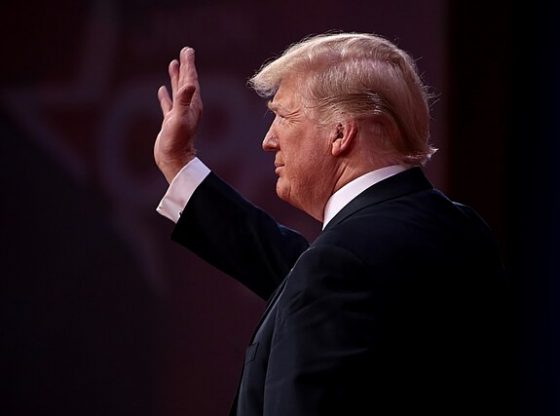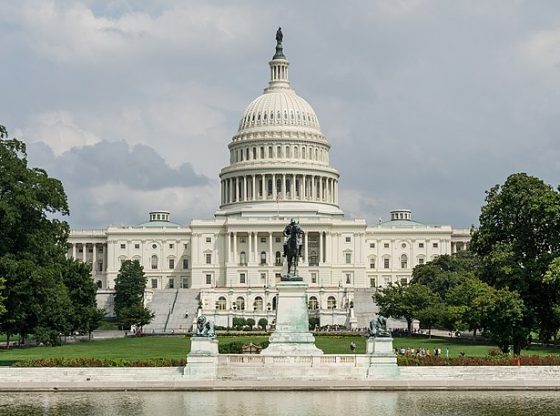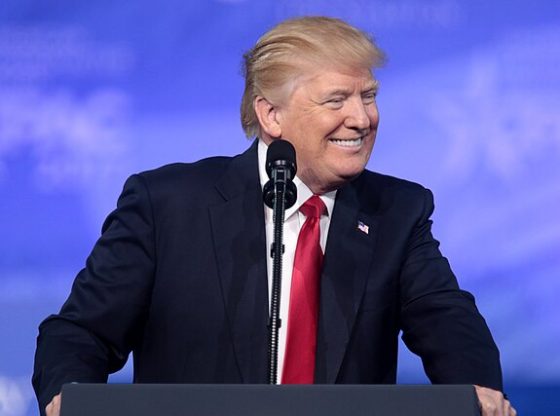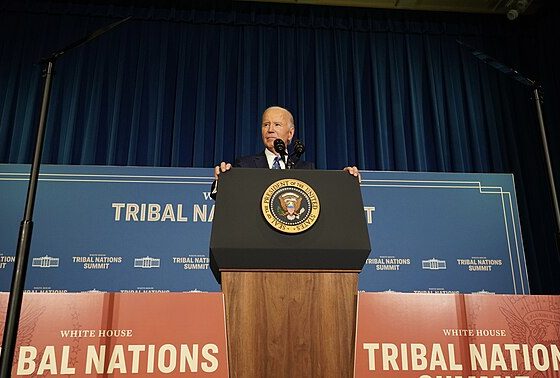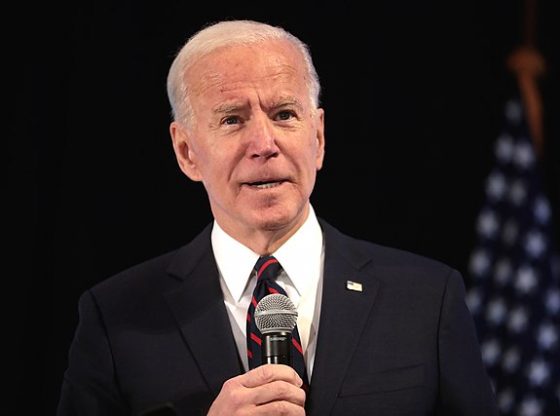The Biden-Harris administration openly admitted in early October that Iran has become enriched under its policies and leadership.
Iran is the largest state sponsor of terrorism in the world and backs several terror networks throughout the Middle East that have attacked U.S. and Israeli forces since Hamas attacked Israel on Oct.7,2023, including Hezbollah and the Houthis. The Biden-Harris administration has seemingly eased sanctions against Iran in recent years, allowing the Islamic regime to rake in billions from oil revenues — and a new report from the administration itself published in October outlines exactly how much the regime has made.
During the Trump administration’s tenure and “maximum pressure” sanctions campaign against Iran, Tehran’s oil revenues fell from roughly $65 billion in 2018 to $28 billion in 2019, and even lower at $16 billion in 2020, according to a report from the U.S. Energy Information Administration (EIA). When President Joe Biden took office, the number jumped year over year — $37 billion in Iranian oil revenues in 2021, $54 billion in 2022 and $53 billion in 2023.
“Totally insane. This is not due to ‘sanctions evasion.’ This is by design,” Richard Goldberg, senior fellow at the Foundation for Defense of Democracies, said in a statement on Wednesday.
Iran’s oil industry is one of its top revenue makers, and the regime has enjoyed higher access to those revenues under Biden than it did under Trump. Though the Biden-Harris administration hasn’t publicly eased sanctions, it has not enforced them in the same manner that Trump did, allowing Tehran to rake in billions.
It isn’t entirely clear why the administration would do this, although it has sought for years to bring Iran back into a nuclear deal — a multinational deal penned by the former Obama administration to allow Iran sanctions relief so long as it did not advance its nuclear program. Trump pulled out of the deal in 2018, citing concerns that Tehran was being allowed to make billions while progressing its nuclear program outside of the terms of the deal.
Iran is one of the major players in the ongoing Middle East conflict, which has cost tens of thousands of lives and dragged in other Western nations, such as the U.S. Israel is expected to launch retaliatory strikes against Iran after the Islamic regime launched roughly 180 missiles into Israeli territory on Oct.1.
The White House did not immediately respond to a request for comment.
Featured Image Credit: Office of the President of the United States





